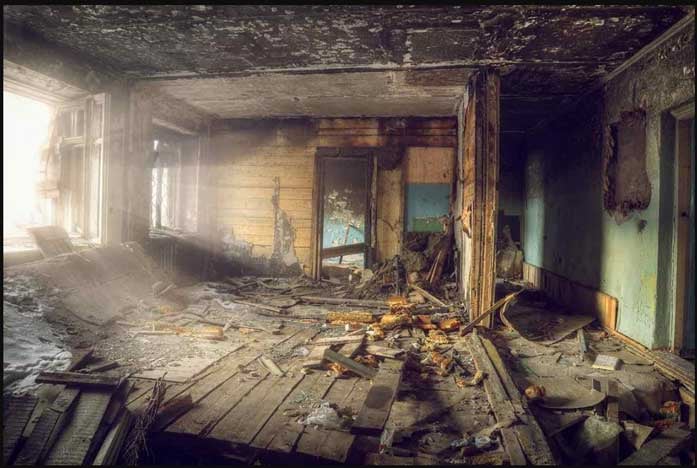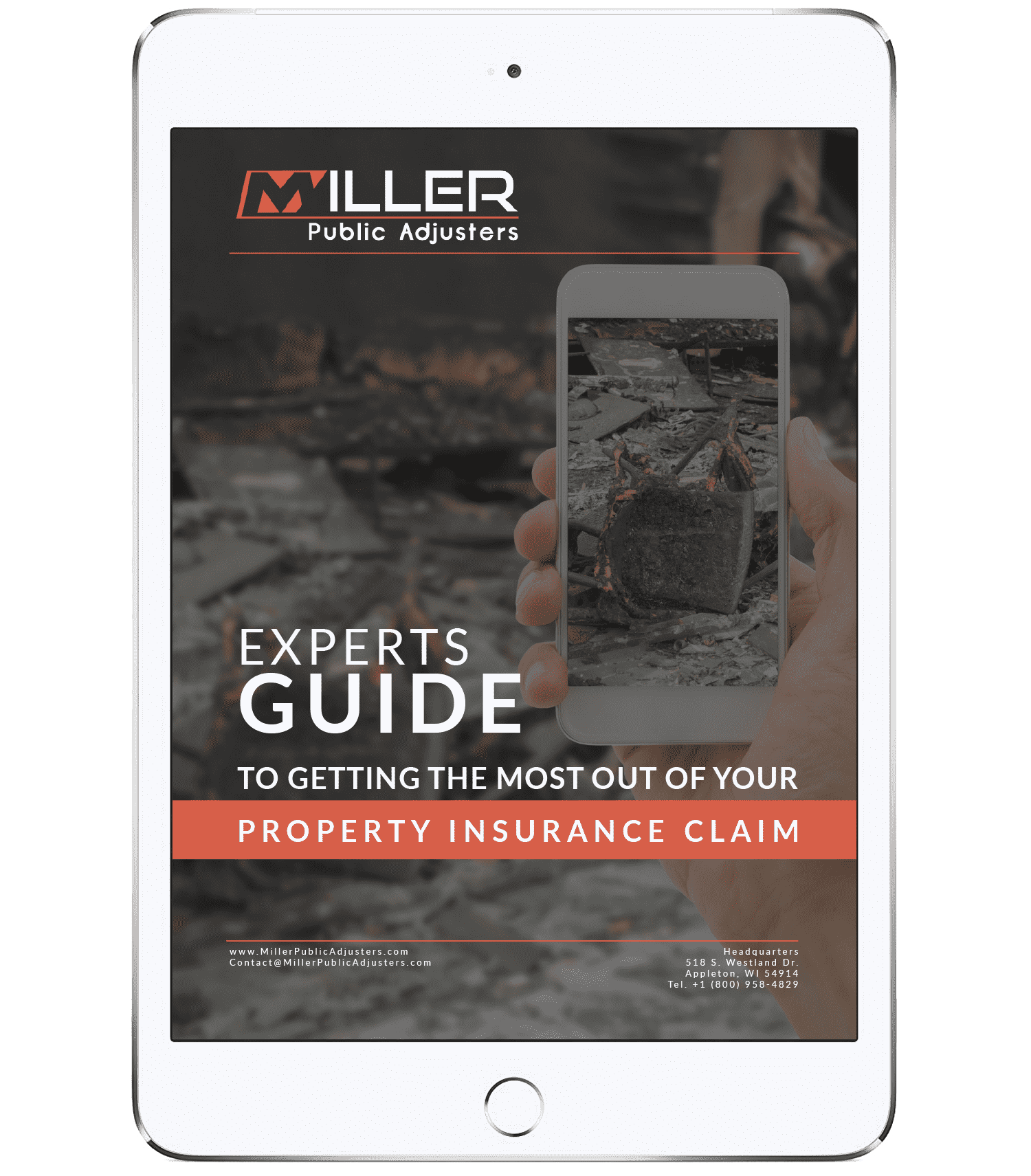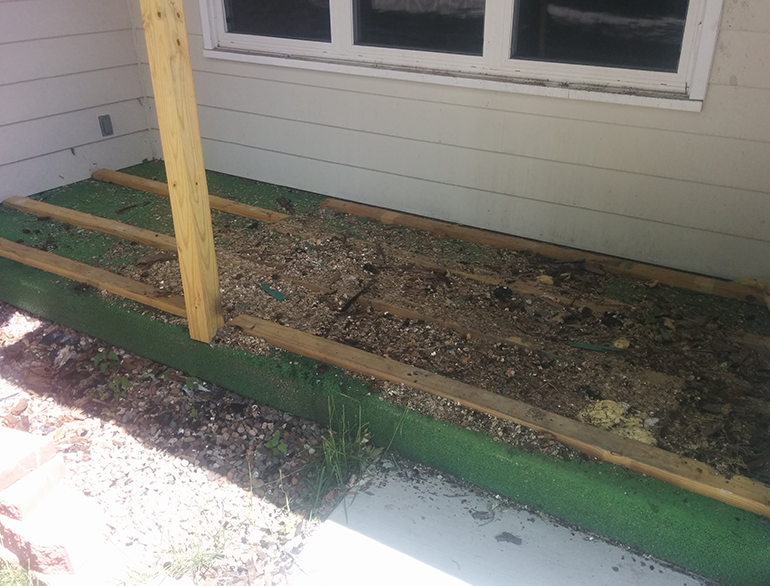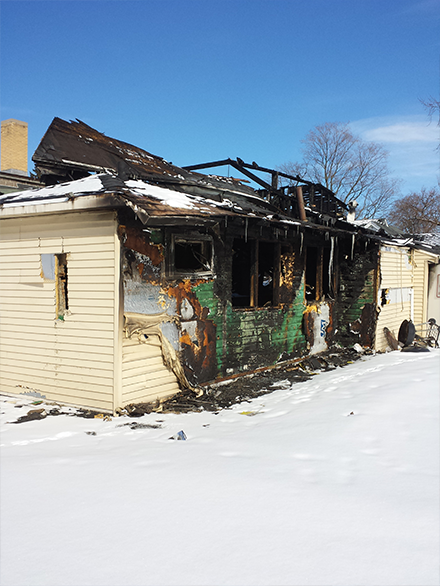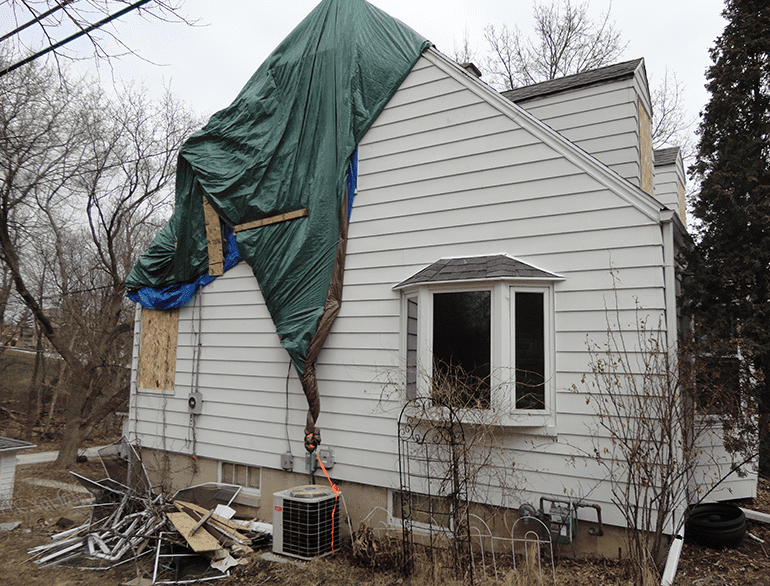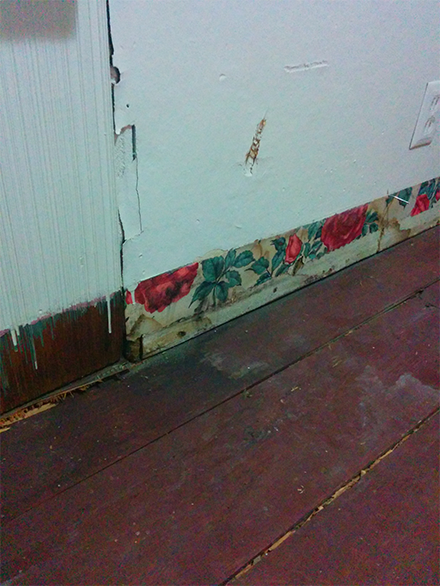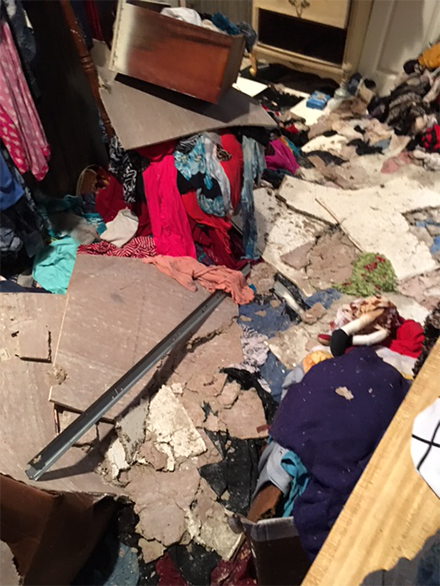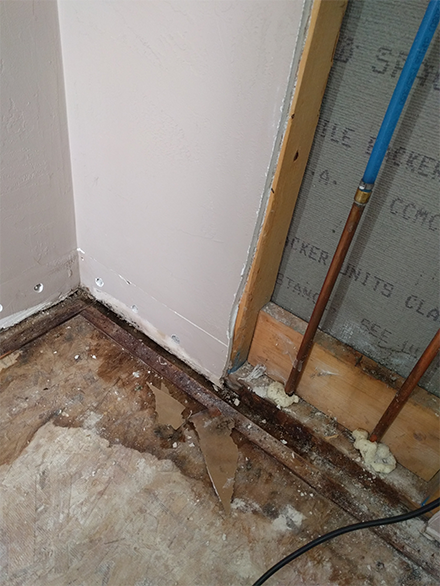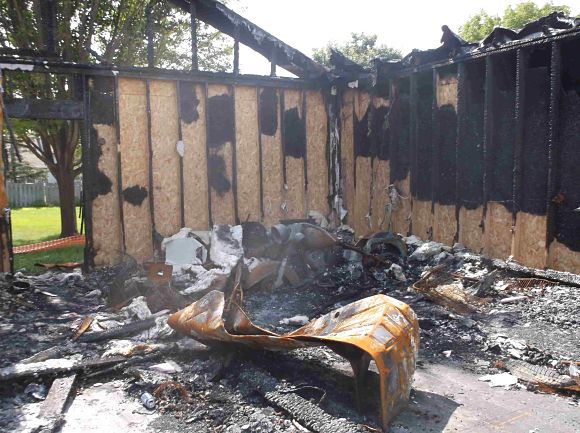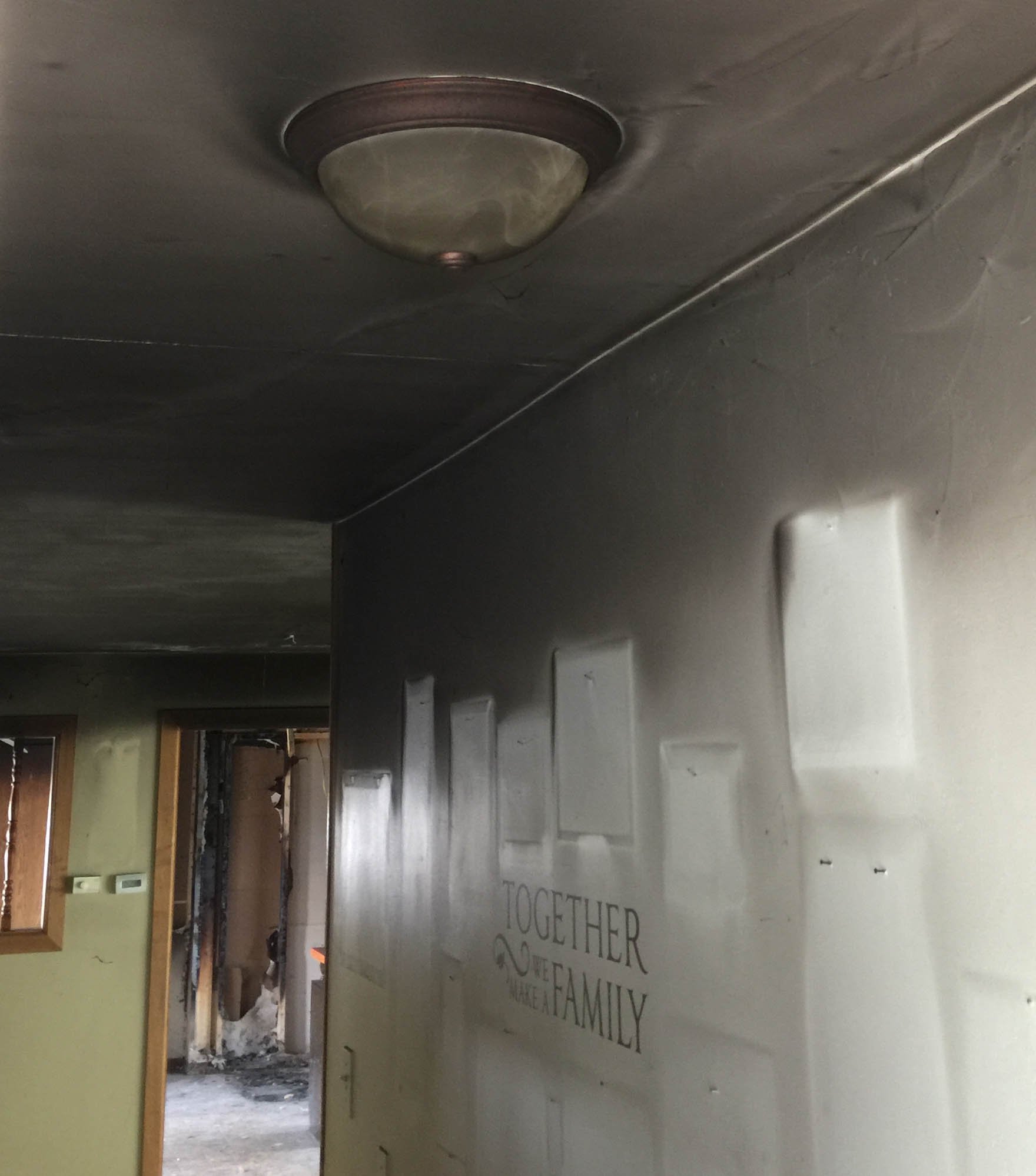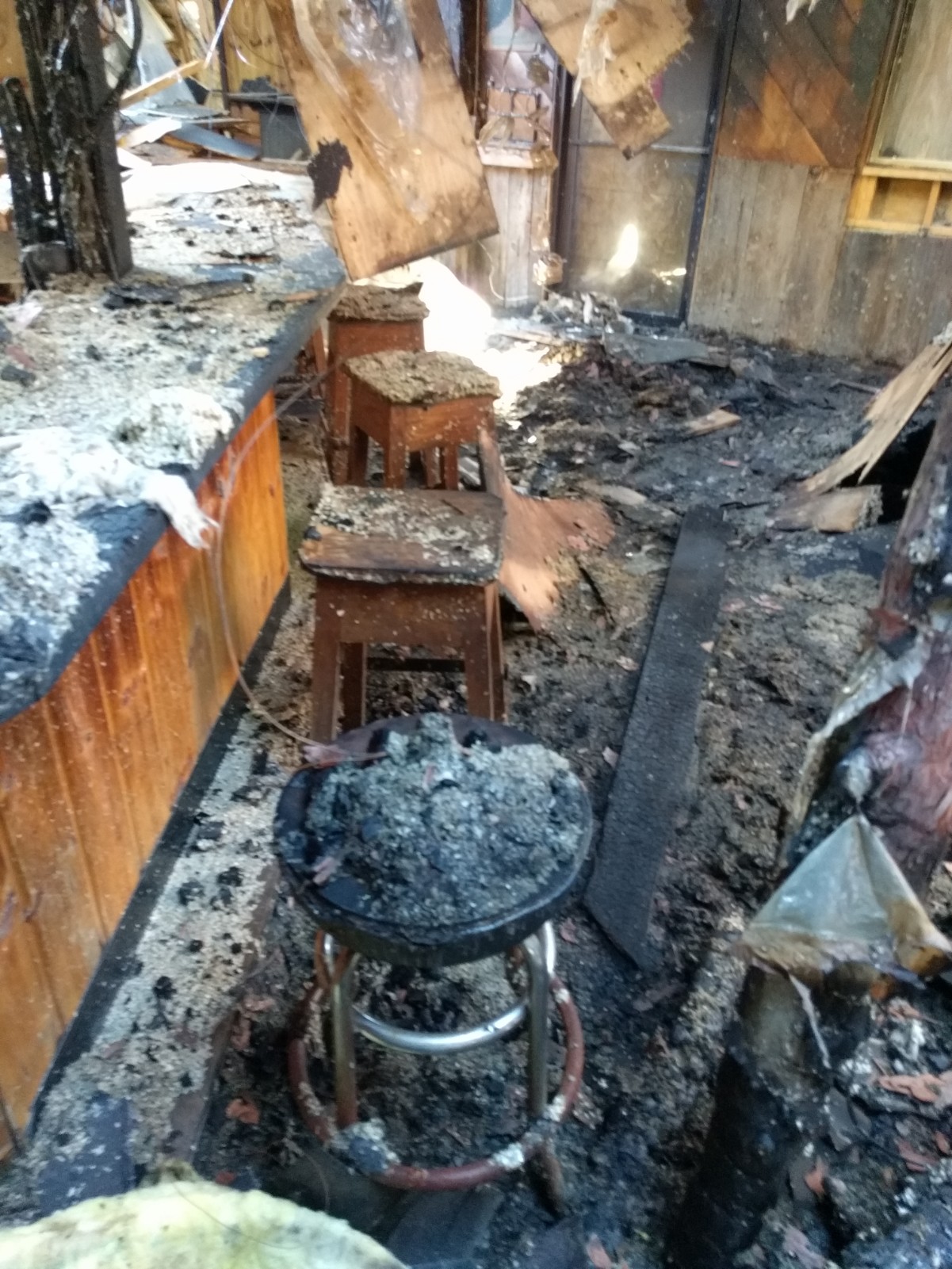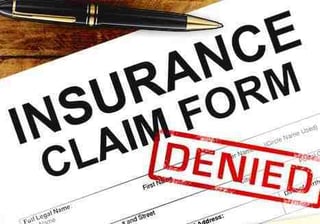
If you're in the unfortunate position of having to file a claim on your homeowner's insurance policy and then find the claim has been denied, it's important to know what to do next. Your first instinct may be to lash out against your insurer, the company adjuster or the system in general, but try to remain calm and don't let your emotions take over. Consider the situation rationally and logically. The following steps should help you negotiate the process to your best advantage.
Why Deny?
First of all, remember this – insurance companies deny policyholder claims frequently. Sometimes their denials have good cause, while other times they just make mistakes. They may have made some kind of filing error, misread your policy terms or someone new and inexperienced in the insurance office didn't fully understand the particulars of your policy. If you've suffered a loss and made an honest claim that's been denied by your insurer, here are the steps you can pursue.
If you've not already been doing so, it's important to keep accurate, detailed records of all communications with anyone having to do with your loss or claim. This includes your insurance company, any experts whose guidance you seek, witnesses to your loss, etc. Document emails, telephone calls and face-to-face meetings.
Review your claim and the claim denial. You should have received a denial letter from your adjuster which should include the section of your policy referenced as a reason for the denial. If you didn't receive a formal letter of denial or don't understand its contents then contact your adjuster. The company is obligated to explain the reasoning behind their denial.
Review your policy to make sure you understand it completely, especially the part that's referenced in the denial. Many claims are denied because of perils not covered. Look at the situation from the viewpoint of an adjuster looking for a reason to deny the claim. When comparing your policy with the denial, ask yourself:
- Is a specific term in the policy in dispute?
- Did the adjuster not have a complete understanding of your particular situation?
- Was there not sufficient evidence, such as photographs, to back up the losses/damage claimed?
Filing an Appeal
If you feel a discrepancy exists in the handling of your denied claim you'll want to file an appeal. Before doing so, gather the evidence necessary to support your case. This may include:
- Gathering all pertinent details of the incident such as dates, damages, what was done to prevent the incident, witness statements, etc. Take pictures and collect receipts of items purchased for prevention, such as fire alarms or a security system.
- If the value of the loss is disputed, get a statement from an independent appraiser.
- If the reason given for a claim denial is cited as negligence on your part, gather evidence to show that you're a safe, responsible homeowner.
If you feel your claim was unfairly denied you can file an appeal with your insurer. They can provide you with the details necessary to do so. If this appeal fails and you sincerely believe your case has been grossly mishandled, your next step should be to contact your State Department of Insurance to file a complaint.
Other Options
Hiring a public adjuster to manage the claims process can save you the time, trouble and the stress of handling things on your own. They can often provide you with a free initial claim review. Hiring a lawyer and going to court is a final option, albeit one that will likely entail significant expense on your part.
Miller Public Adjusters currently serves the states of
Wisconsin -Florida - Illinois - Indiana - Michigan - Minnesota - Texas
Call us 24 hours a day at (866)443-5167 to schedule an appointment or
please fill out a Free Claim Review to see if we can help.
.png)


